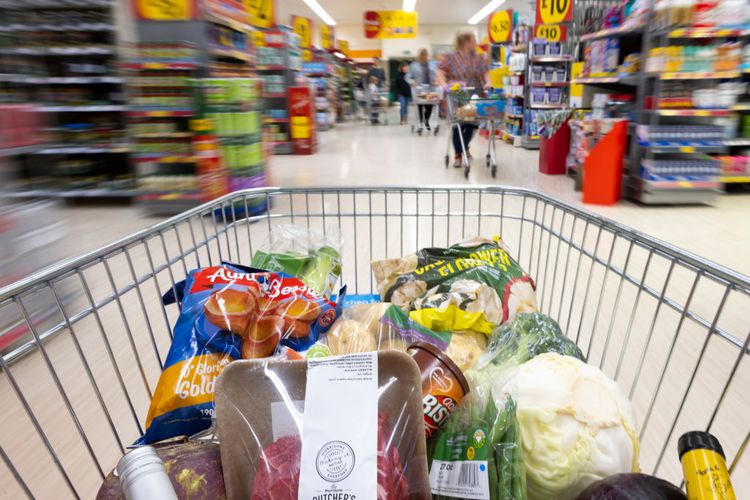"UK Inflation Set To Drop Below Double Digits"

It's Monday, May 22, 2023, and the time is 7:00 am.
New figures this week will show UK inflation dropping to its lowest level in over a year. This is the beginning of a steady decline from its multi-decade highs.
City analysts predict that the rate of price increases in April will be 8.2 percent. This is a big drop from the 10.1 percent in the previous month. It is also the lowest level since March 2022.
This would lower inflation to single digits. It hasn't been that low since last summer.
For over a year now, the cost of living has been increasing rapidly. It started when supply chains were overwhelmed by a sudden demand spike after the lifting of Covid-19 lockdowns.
When Russia invaded Ukraine, energy prices went up. UK households could have paid over £4,000 for energy bills. But the government stopped this by capping bills at £2,500 in 2020.
The intervention avoided a huge impact on the living standards. But this made Britain borrow £22.4bn last month. It affected the finances of the government. The markets are expecting this borrowing.
When a government spends more than they earn, they must borrow money. This money will be used to pay for various needs such as schools and hospitals.
Bad weather and war in Russia-Ukraine hurt raw material production which caused food supplies to decrease. This makes grocery store prices rise, going up almost 20% in the last year. This is the quickest increase since the 1970s.
The poor families have been hit hard by high costs of living. But things should improve gradually as time goes on. However, it may take longer for food prices to lower than other prices.
Energy prices rose last year, but this year they won't. Consumer price index will decrease. Fuel prices will cause more decrease. Andrew Goodwin from Oxford Economics said this.
If core inflation remains high, the Bank of England may raise interest rates again on June 22. Core inflation is currently above six per cent. The Bank has already raised interest rates twelve times in an attempt to reduce inflation.
The Bank Governor and others raised borrowing costs by 25 basis points. They will explain why to MPs on Tuesday.
The Bank thinks inflation will go below two per cent if rates stay at 4.5 per cent. It said rapidly rising food prices caused most of the inflation shock this year.
Traders expect the MPC to increase rates once more. After that, they anticipate the rates will be reduced at the beginning of next year.
New reports from S&P Global and the Chartered Institute of Procurement and Supply might reveal the UK economy is avoiding a predicted recession.
The financial markets have priced in a score of 55.5 points for services. It's more than the growth threshold of 50 points but slightly lower compared to April's number. Senior Economist at Deutsche Bank, Sanjay Raja, stated that this is because consumer spending is becoming normal after the unexpected increase in March.
The manufacturing PMI might do poorly with a score of 48 in May.
The ONS will release retail sales numbers on Friday. Families are spending less due to high inflation and interest rates. This leads to finances being squeezed. Sales are expected to decrease by three per cent in the last year.









































